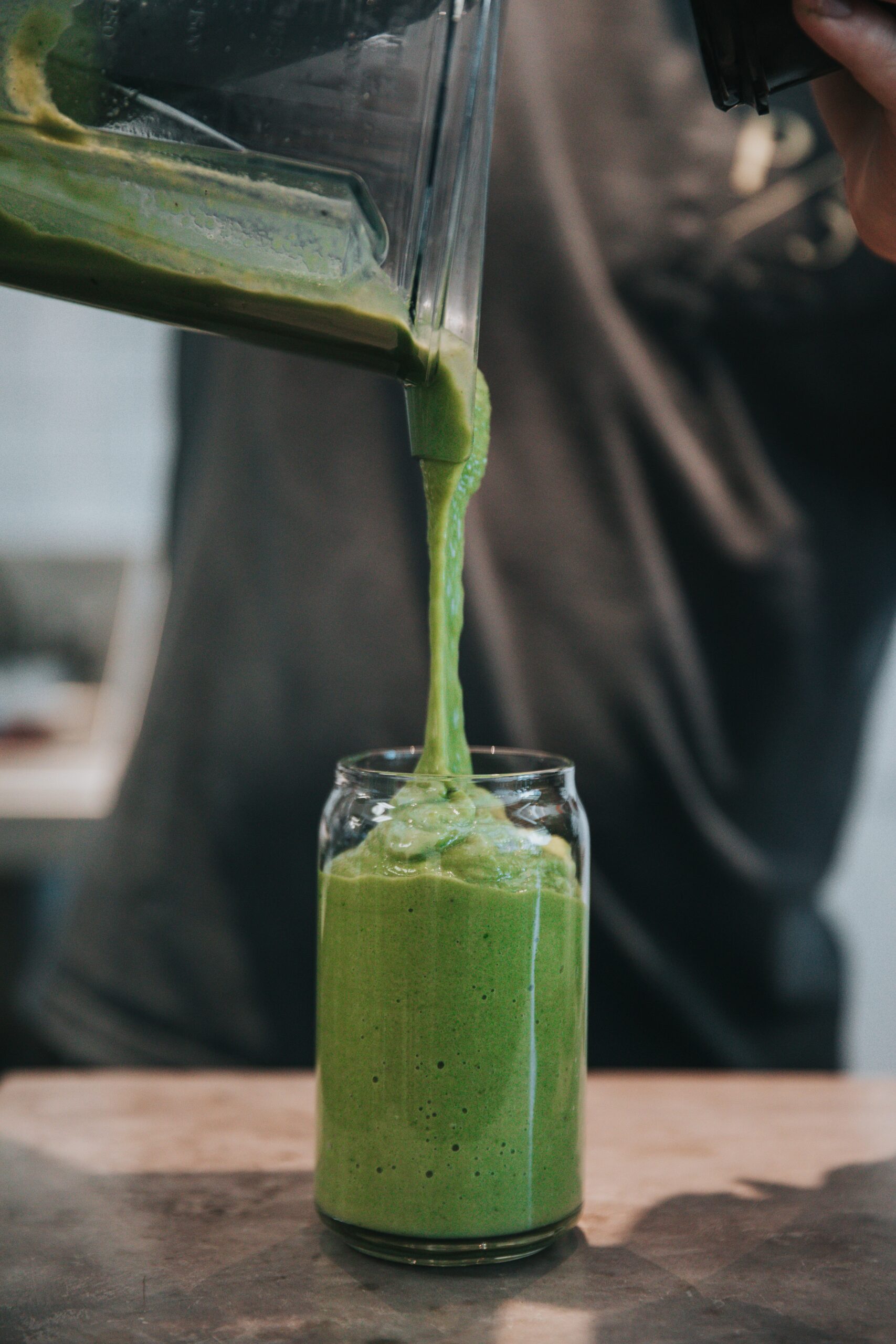
Reviewed by:
Nicole A. McCarthy, MD MSc

Reviewed by:
Nicole A. McCarthy, MD MSc

Most Important: The Prostate
By: Narda
October 16. 2021
The prostate, an important part of the male reproductive system, is a walnut-shaped gland that wraps around the urethra. The urethra is the tube through which the urine flows from the bladder. The prostate is the conduit of fluid to semen; semen carries sperm.
The prostate gland begins as a small gland and doubles in size during the teenage years. But, it does not stop there, after age 25, it starts growing again. The prostate grows as long as men age; when it gets too large (which is common after age 50), gets infected or has nerve damage is when we need to pay extra attention; a neglected prostate could bring serious health problems. Regular medical checkups and preventative care are recommended.
Some common problems are:
Benign prostatic hyperplasia (BPH): The prostate’s excessive growth. When the prostate is enlarged, it could press down the urethra limiting the flow of urine, which might not allow your bladder to get fully empty, causing frequent urination, urine leakage, urinary tract infections and /or urine retention, which could warrant surgery.
Prostatitis: can be caused by common bacteria or nerve damage. An inflamed prostate could trigger painful or irritated penis or testicles. A burning, painful sensation when urinating (dysuria); difficulty urinating (dribbling or hesitant urination); frequent nocturnal urination (nocturia); an urgent need to urinate without results; cloudy or bloody urine; abdominal, groin or lower back pain. Painful perineum (area between the scrotum and rectum), painful ejaculation, and sometimes even flu-like symptoms could be a sign of bacterial prostatitis.
Prostate cancer: Without a clear cause to exist, this is a common cancer that responds positively when detected and treated early. What is known is that this cancer begins when the DNA changes in cells in the prostate.
Unfortunately, these cells grow and divide more rapidly than normal cells, causing normal cells to die while the abnormal ones continue to live, accumulating and forming a tumor that if left untreated would spread to other parts of the body.
Prostate cancer that’s more advanced may cause signs and symptoms such as unexpected weight loss, trouble urinating, weakened flow of urine, blood in urine and/or semen, bone pain, erectile dysfunction, incontinence.
In its early stages, this cancer might show no symptoms, hence the importance of regular checkups and prevention. 50-year old males without increased risk factors for cancer should have regular prostate screenings at least once a year. Males with increased risk factors such as family history of cancer, should start screenings earlier.
Risks of this type of cancer increase with age although there are other determinants that can also contribute to its development, such as race, family history and obesity.
WHAT TO DO:
- Couch Grass (Elymus repens) tea: Put 6 teaspoons of this herb’s dry and chopped rhizome in a tea pot for three 8-ounze mugs and pour boiling water, let it steep for three minutes and then drink through the day. No more than 3 mugs per day. From the second edition of the Backyard Medicine by Julie Brutton-Seal and Matthew Seal
- Burdock decoction: Bring to a boil one ounce of dried burdock root in three cups of water, let it simmer for 20 minutes and then drink all the decoction divided in four equal parts through the day. Inspired by the second edition of the Backyard Medicine by Julie Brutton-Seal and Matthew Seal
- Horsetail (Equisetum arvense) tea: In a pan, put two ounces of fresh horsetail, 3 and ½ ounces of sugar and a pint of water, bring to a boil, reduce heat and let it simmer for 30 to 60 minutes until the horsetail turns dark green and becomes soft. Strain the liquid and return to the pan, add 5 ounces of sugar and let it boil for five minutes. Allow to cool and then put in a dark glass bottle. It will make around 13 ounces of syrup. Take one teaspoonful a day for two or three weeks. Rest for a week and resume if needed. From the second edition of the Backyard Medicine by Julie Brutton-Seal and Matthew Seal
- Nettle (Urtica dioica) decocted tincture: In a saucepan, put about 1 cup of dried or fresh nettle roots and add enough water to cover them, bring to a boil and let it simmer for 20 minutes. Let cool off, strain and measure the liquid. Add and equal amount of 40% vodka to the liquid; in a dark, large glass bottle pour put the cooked roots and add a handful of fresh chopped roots, add the liquid. Put the jar in a dark place for three weeks shaking at least once a day. After the three weeks are over, strain the liquid and pour in smaller, dark glass bottles. Take one teaspoonful daily to maintain prostate health or three times a day for more acute problems. From the second edition of the Backyard Medicine by Julie Brutton-Seal and Matthew Seal
- Flaxseed: Soak overnight one heaped tablespoon in a glass of water, drink it the water and seeds before breakfast. You can also add one teaspoon of ground flaxseed to your cereal.
- Soursop decoction: Using 4 leaves for a 4-cup saucepan, add water, bring to a boil and let it simmer for 10 minutes. Drink throughout the day.
- Jamaican Flower or Roselle (Hibiscus sabdariffa) flower decoction: In a large saucepan put a handful of dried flowers, add a litter of water and let it boil for ten minutes. Sieve pressing the flowers against the colander and drink either cold or hot, if it is too strong, add more water. Sweeten using brown sugar or drink plain. You might want to experiment adding one inch of cinnamon stick and/or a pineapple peel. Delicious, refreshing, anti-inflammatory with anti-cancer properties.
- Cranberry juice: Unsweetened, drink at least one glass every day.
- Pistachios, sesame seeds, flaxseed, avocados, pecans, soybeans, pumpkin seeds, macadamia nuts: Add them to your diet. The beta-sitosterol in them has been found to aid the treatment of BPH and overall prostate health.*
- Vitamins, daily: 600-1600 IU of Vitamin E. 1000-2000 mg of vitamin C. Vitamin D3
- Fish oil: 200 micrograms/day
- Selenium: 2-8 grams/day
- Soy: 2-3 servings/week
- Turmeric: Add to your soups, stews, rice, pasta sauces, pasta, etc.
- Probiotics: Not only support prostate health, but they also raise testosterone levels and increase sperm counts. Probiotics can also aid digestion, bowel movements, strengthen the immune system and boost the cognitive function and mood. A healthy gut, a healthy everything. “You are what you eat from your head down to your feet”. Dr. Seuss
Extra tips
- We cannot stress enough the importance of regular medical checkups, a sensible diet and regular exercise
- Consider Kegel exercises
- Include in your daily diet dark, green leaves, garlic and tomatoes and fruits rich in antioxidants
- Urinate as soon as you feel the need – don’t wait for it to become an urgency
- Go to the bathroom on a planned schedule, whether you need to go or not
- Take time to empty your bladder when you go to the bathroom; this will reduce the number of times you return
- Sitting while urinating will help empty your bladder completely
- Avoid drinking fluids in the evening
- Avoid drinking too many fluids before going out
- Avoid drinking large quantities before starting a trip
Share your results with us on Instagram



Photography by: Fabio Scaletta, Jacob Owens, Matheus Ferrero, Nathan Dumlao @ Unsplash
